Run under Community College Scheme of UGC, New Delhi
About the UGC Community College Scheme
The Community College model of University Grants Commission (UGC), New Delhi, as envisaged, will be accessible to a large number of individuals of the community, offer low cost and high quality education locally, that encompasses both skills development as well as traditional coursework, thereby providing opportunities to the learners to move directly to the employment sector or move into higher education. It provides a flexible and open education system which also caters to community-based life-long learning needs. It has a synergistic relationship between the community, learner and the job market. The major aim of the scheme is to enhance the skill and entrepreneurship among the youths. Simultaneously, to prepare the large chunk of workforce in the corporate and public sectors and cater the future need of the local and global markets.
ABOUT THE PROGRAMME
The one year Diploma in Medical Laboratory Technology (DMLT) was started by GGDSD College under Community College Scheme of University Grants Commission (UGC), New Delhi (F.No. 1-2/2013(CC)) and is presently under Deen Dayal Upadhyay KAUSHAL Kendra scheme of UGC, New Delhi. With the changes in people’s life styles and ever-increasing population world over, India become the hub of the lifestyle related, infectious, water and foods borne diseases which requires timely detection or diagnosis of all diseases conditions for their proper management and cures. In this direction, techniques in the medical diagnostics can play major roles and it can offer the new jobs avenues/opportunities in the field of medical sciences, basic researches and corporate hospitals. In additional, it promotes the self-employment opportunities.
At GGDSD College, Chandigarh the class rooms and lab facilities are excellent in terms of available well trained and highly qualified faculty members, equipment and chemicals. In order to well-placed and trained our students department has collaborations with the local and other corporate hospitals and diagnostic centers. The department also provides the scholarships and free ships for needy and brilliant students.
THE MAIN OBJECTIVES OF THE COMMUNITY SCHEME ARE:
- To provide skill based education to students currently pursuing higher education but actually interested in entering the workforce at the earliest opportunity;
- To provide employable and certifiable skills based on National Occupational Standards (NOSs) with necessary general education to Senior Secondary School pass-outs, with general education and/or vocational education background;
- To provide for up-gradation and certification of traditional / acquired skills of the learners irrespective of their age;
- To provide opportunities for community–based life-long learning by offering courses of general interest to the community for personal development and interest.
Along with the above objectives the DMLT course is aims to impart practical and hands-on skills to the students so that they may be absorbed in the Pathological laboratories and hospitals. This programme will give an opportunity for the students from Rural Areas to learn the skills required to work in clinical laboratories and earn their livelihood near their native places.
ELIGIBILITY
10+2 examinations pass in any stream
There may be three types of learners getting admission to first semester of the course:
- Category – 1: students already acquired NSQF certification Level 4 in a particular industry sector and opted admission in the courses under Community College (CC) in same trade with job role for which he / she previously certified at school level.
- Category – 2: students who have acquired NSQF certification Level 4 but may like to change their trade and may enter into CC in a different industry sector.
-
- Category – 3: students passed 10+2 examination with conventional schooling without any background of vocational training. (Student completing 10+2 is regarded as NSQF Level 4 students as per NSQF of UGC, New Delhi).
DURATION: One year (Two Semesters)
NO. OF SEATS: 50
ADMISSION CRITERIA: Merit basis
The minimum educational qualification for admission into CC under this scheme will be class 12 pass or equivalent from any recognized board or university.
- Equal weightage should be given to vocational subjects at +2 level while considering the students for admission into CC for recognition of skills credits.
- Reservation to SC, ST, OBC and PwD categories will be available as per the extant national / State policy. There shall be no age bar for admission in the Community Colleges.
- Admissions may be done twice a year, depending on the duration of the programmes, to facilitate a steady stream of learners joining the college and moving out as trained work force to the job market.
- The applicants seeking re-entry into the CC should get preference in admission over the new applicants.
ASSESSMENT CRITERIA:
- The Skill component of the course will be assessed and certified by the Health Care Sector Skill Councils.
- The total credits of the course are in following manner.
- Certificate courses: NSQF level 4 certificate – 30 credits (One Semeter)
- Diploma courses: NSQF level 5 certificate – 60 credits (Two Semesters)
CERTIFICATION AND AWARDS:
- Award of Certificate or Diploma would depend on acquisition of requisite credits as prescribed in the guidelines and not on the duration of the calendar time spent in pursuing the course.
- The certificate for skilling component would be awarded by the Health Care Sector Skill Council in terms of NSQF level either singly or jointly with the institution concerned and the general education grades will be certified along with the skill component in terms of certificate/ diploma awarded by the institution.
- The colleges itself awards diploma/certificate under its own seal [UGC letter no. F.No. 1-54/2013 (CC/NVEQF)] and signature after written authorization from the affiliating university.
- All the learners continuing to Diploma courses or further will be treated at par from second semester onwards. On completion of Diploma (60 credits) a student will be eligible to seek admission into Advanced Diploma in a community college or second year of B.Voc degree in any college of India offering B.Voc. Courses. Students may exit after six months with a CC Certificate (NSQF Level 4) or may continue for diploma.
| SEMESTER I |
| S No |
Subject code |
Name of the Course |
Credits |
| 1. |
PAPER I |
BASICS OF ANATOMY |
6 |
| 2. |
PAPER II |
BIOCHEMISTRY |
6 |
| 3. |
PAPER III |
HAEMATOLOGY |
6 |
| 4. |
PAPER IV |
MICROBIOLOGY |
6 |
| 5. |
PAPER V |
HISTOTECHNOLOGY |
6 |
| SEMESTER II |
| S No |
Subject code |
Name of the Course |
Credits |
| 1. |
PAPER I |
BASICS OF PHSIOLOGY |
6 |
| 2. |
PAPER II |
BIOCHEMISTRY |
6 |
| 3. |
PAPER III |
HAEMATOLOGY |
6 |
| 4. |
PAPER IV |
MICROBIOLOGY |
6 |
| 5. |
INTERNSHIP FOR ONE MONTH IN A REPUTED MEDICAL LAB |
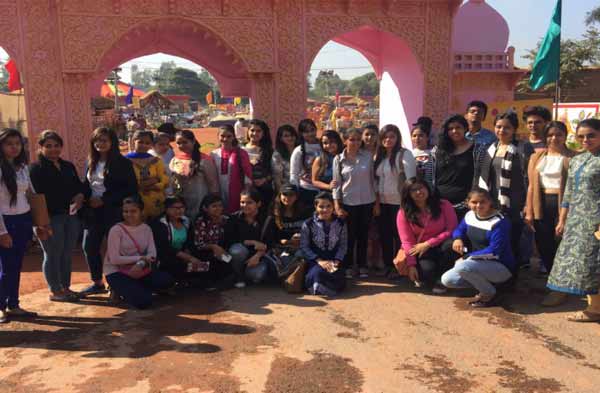
Visit to National Craft Mela, 2016
Kalagram, Chandigarh
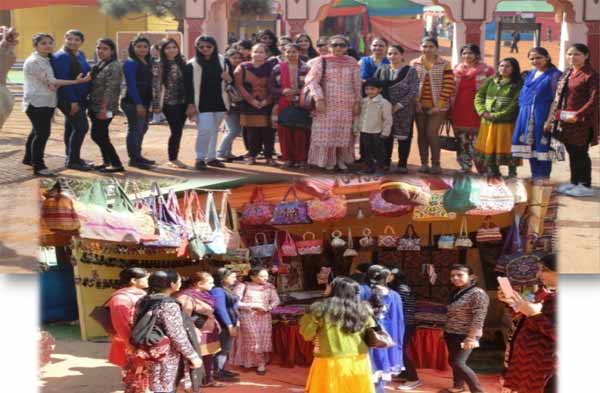
Visit to National Craft Mela, 2015
Kalagram, Chandigarh
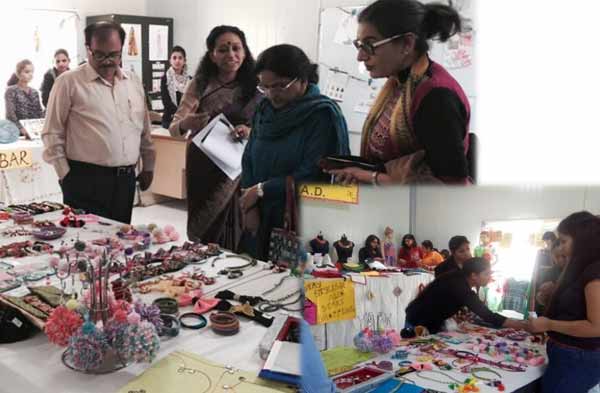
Exhibition cum Sale by Fashion Technology Students
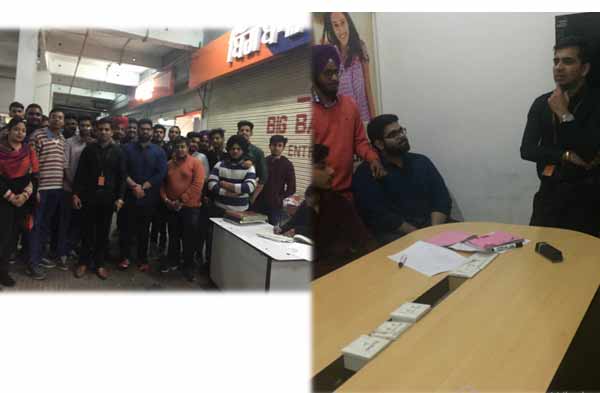
Visits & Interactions at Retail Organizations
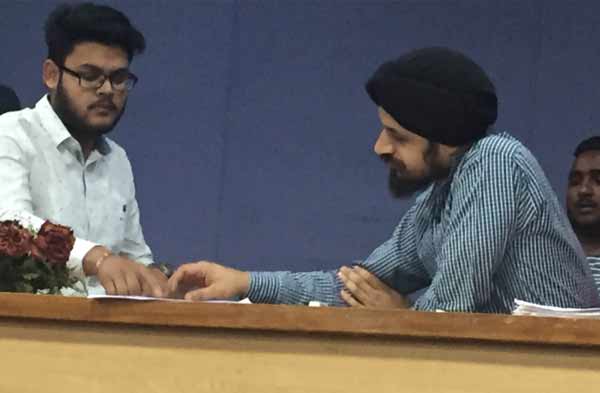
SSC ASSESSMENT – RETAIL MANAGEMENT 2017
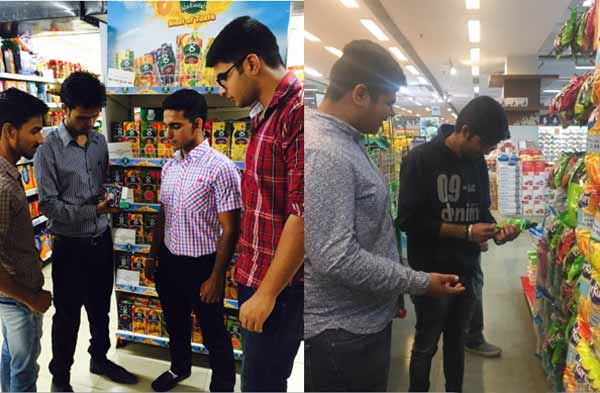
Visits & On-Job Trainings at Retail Stores
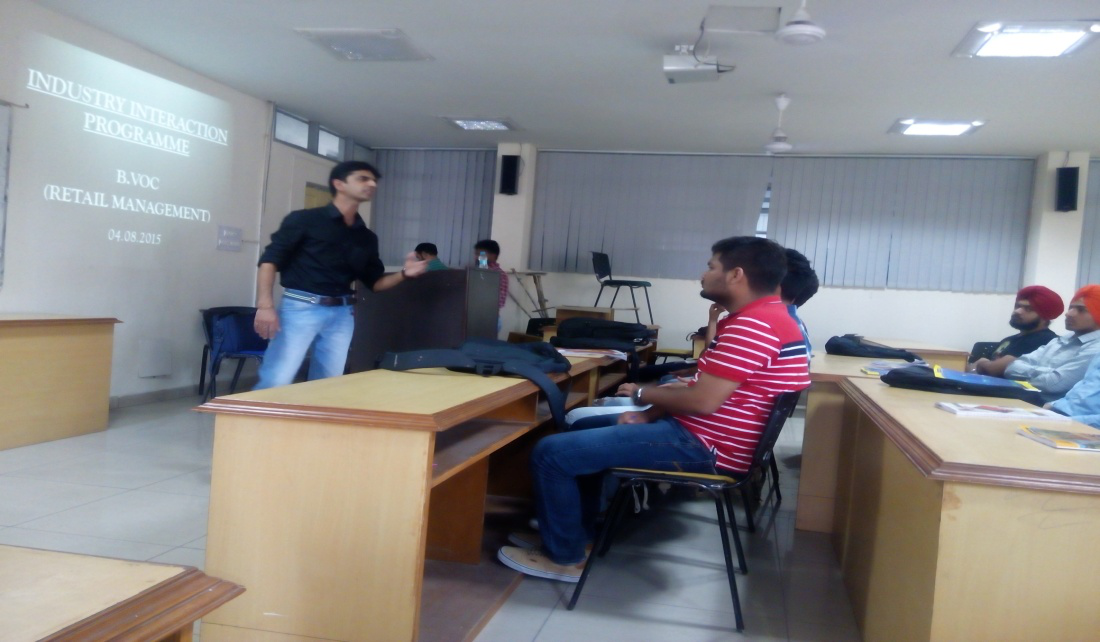
Guest Lectures & Industry Interaction Programmes

Muskan Gupta & Birdavinder Singh, B.Voc (Retail Management) Sem IV
Interns at Louis Philippe (Stipend: Rs. 13500)
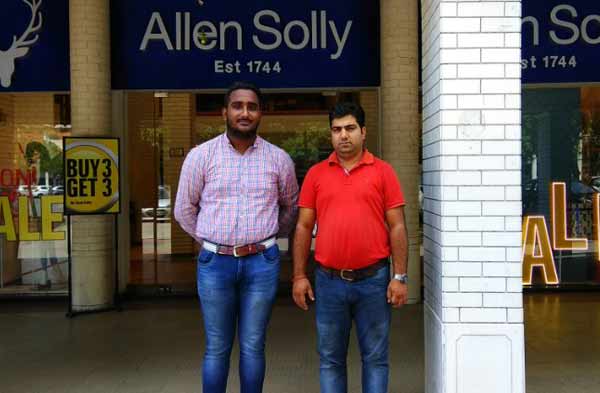
Yoginder Sharma, B.Voc (Retail Management) Sem II
Intern at Allen Solly, Sector 17, Chandigarh (Stipend: Rs. 13500)

Sonalika Matta, B.Voc (Retail Management) Sem IV
Intern at Van Heusen, Elante Mall, Chandigarh (Stipend: Rs. 13500)
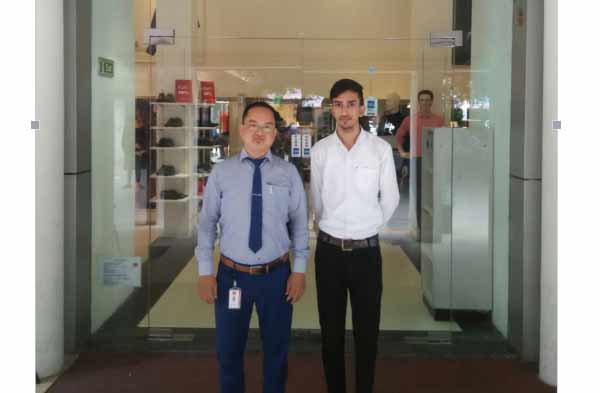
Karan Singh, B.Voc (Retail Management) Sem II
Intern at Van Heusen, Sector 17, Chandigarh (Stipend: Rs. 13500)
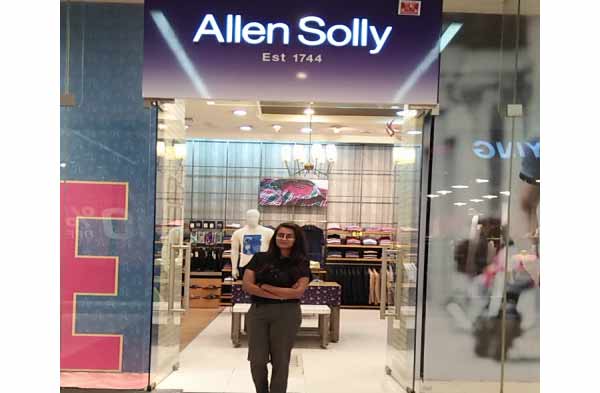
Kiranvir Kaur Saini, B.Voc (Retail Management) Sem IV
Intern at Allen Solly (Stipend: Rs. 13500)
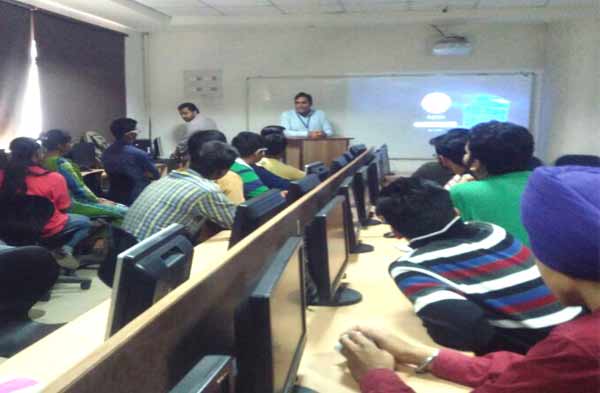
Workshop on “Networking”
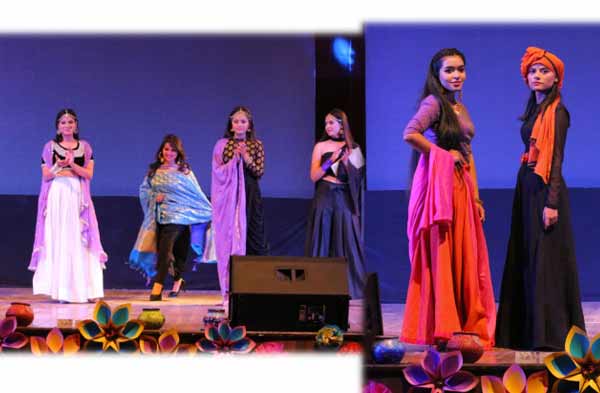
Fashion Show by students of Fashion Technology
APPLY NOW